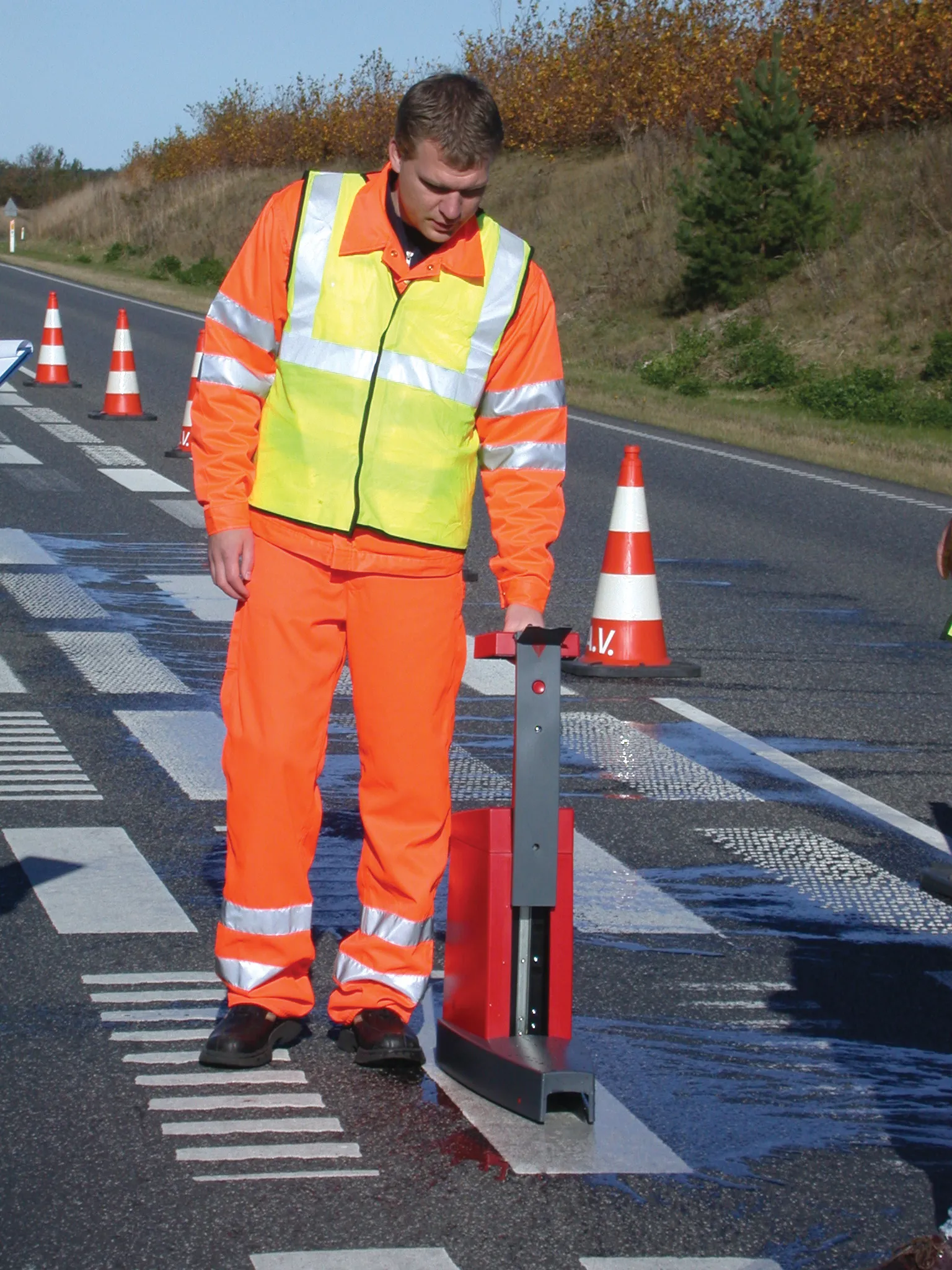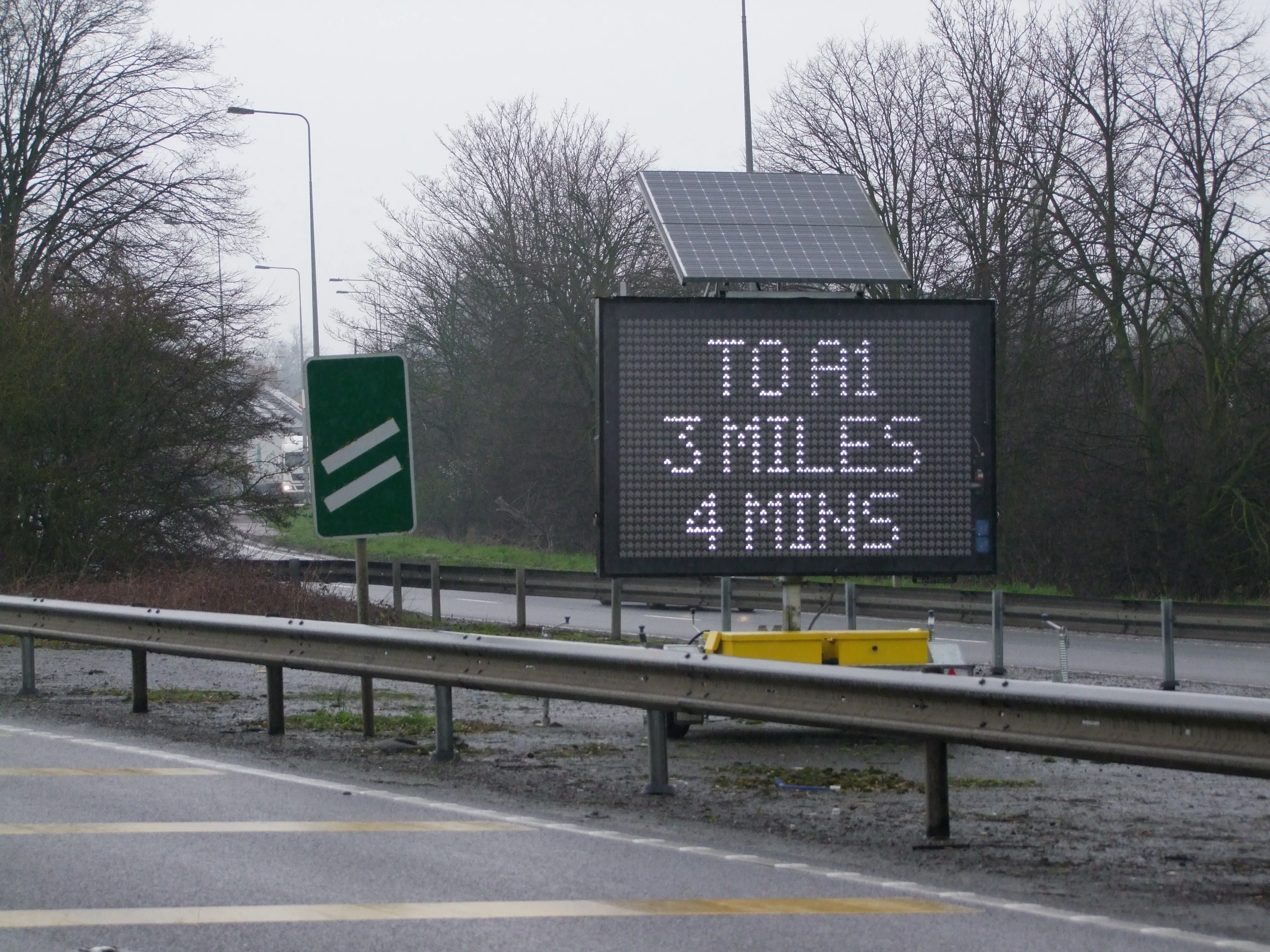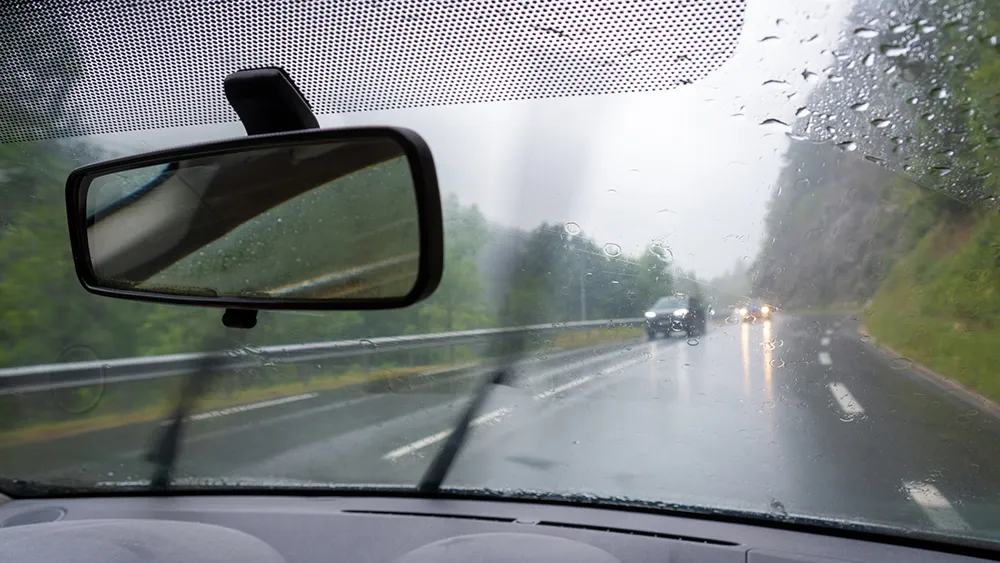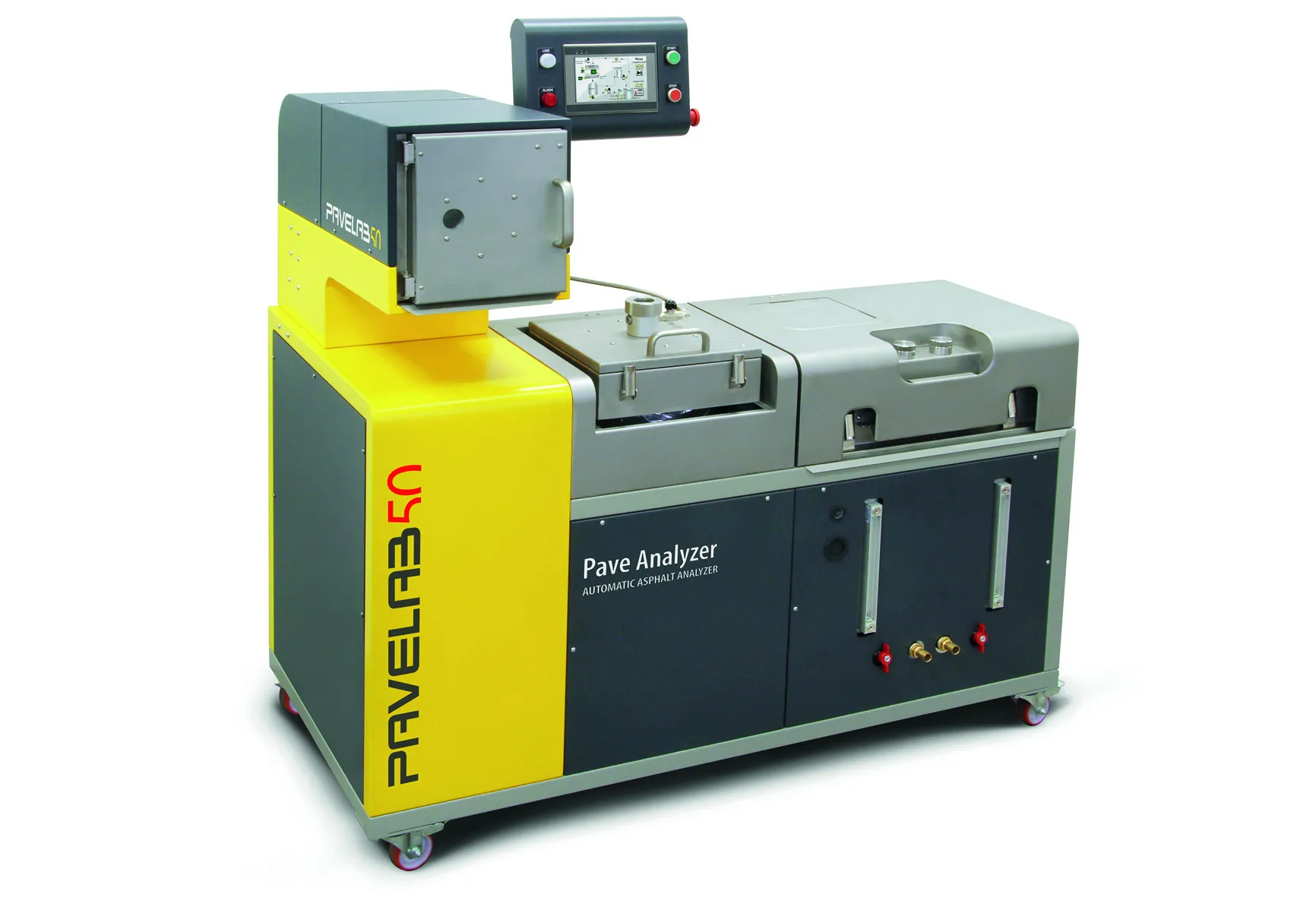DELTA, which has introduced its brand new handheld RetroSign GR3 retroreflectometer for measuring the retroreflection of traffic signs, also offers a number of instruments for road markings. The Danish company points out that as the median age of the average driver grows the importance of night-time visibility of pavement markings for traffic safety becomes even greater.
March 16, 2012
Read time: 2 mins

DELTA, which has introduced its brand new handheld RetroSign GR3 retroreflectometer for measuring the retroreflection of traffic signs, also offers a number of instruments for road markings.
The Danish company points out that as the median age of the average driver grows the importance of night-time visibility of pavement markings for traffic safety becomes even greater."Night-time visibility is determined by the retroflectivity of the pavement markings and therefore retroreflectivity is an important performance feature built into the roadways and is essential for efficient traffic flow and highway safety," says
Its portable LTL-X Retrometer, for example, measures the retroreflection of road markings at a simulated distance of 30m according to CEN (European Committee for Standardisation) and ASTM (
The LTL-X has advanced new technology and an ergonomic design, and is the fourth generation retrometer based on the proven knowledge from the worldwide use of LTL2000 and its predecessors.
The retractable handle has an integrated display, and measurements and settings of road and user ID, line type, measurement averages, instrument status and languages are done at the touch of a button. Optional GPS values are shown, and the LTL-X is fitted with printer and wheels for easier operation.









